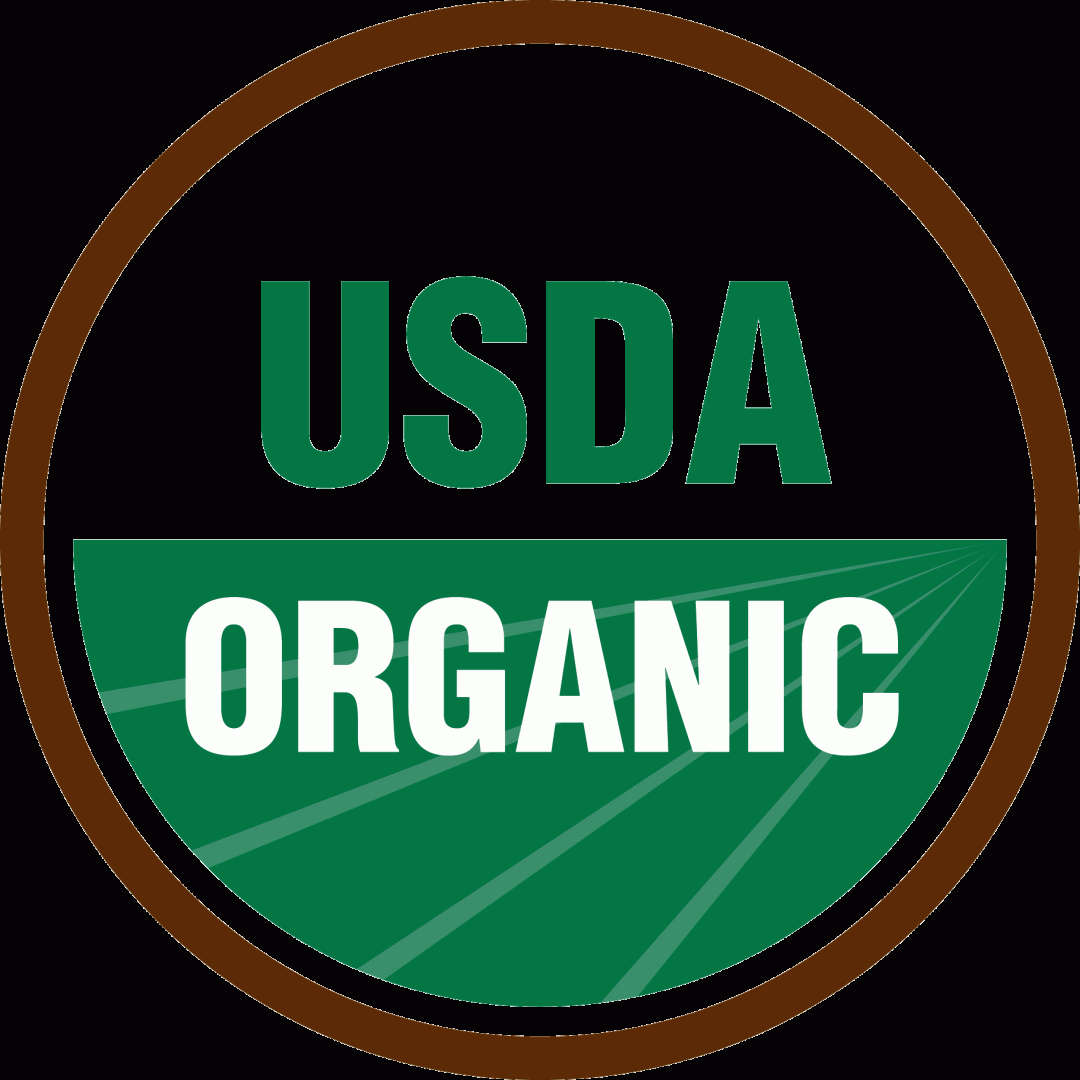1. Is certification too complicated to navigate?
- Are you transitioning to organic? Check out our conservation services for transitioning farms. The resulting plan provides you with an Organic System Plan for certification!
- Not ready to commit just yet? Take the first step by asking questions now! Our Farm Services team is a valuable resource in this process. Feel free to touch base with us with specific questions regarding your efforts to transition part or all of your farming operation to organic.
2. Can my farm afford to get certified?
The Organic Certification Cost Share Program has been reinstated with the passing of the farm bill, effectively lowering the cost of certification.
Producers can be reimbursed for 75% of the costs associated with USDA organic certification up to $750 with the submission of the appropriate documentation to your state’s department of agriculture.
Remember, this is a reimbursement-based program, so you must first successfully become certified to qualify. To receive reimbursement, you need to submit an application, a current W-9 form, copies of all receipts showing costs incurred from certification, and your organic certificate from a USDA accredited certifying agency.
3. With cost-share assistance, what would it really cost for a first-time applicant for USDA organic certification?
Here are three example scenarios to give you an idea:
- To certify 10 acres or less for one year in South Carolina with Clemson’s Organic Certification Program (currently, all certified organic farmers in SC use Clemson) it costs new applicants a flat fee of $750. After reimbursement, the farmer’s cost is only $187.50.
- To certify a larger, more complex operation, the cost of initial certification may be more than $1,000. Let’s say your certification cost is $1,200. The cost-share program covers up to $750 of this cost, so after reimbursement, the farmer’s cost is $450.
- If you gross less than $5,000 annually from the sale of crops but decide to get certified despite the $5,000/yr exemption (e.g., your products are bulked with other organic products), and you are in South Carolina, Clemson will certify your operation at a flat rate of $200/yr. After reimbursement, the farmer’s cost is only $50.
Take a look at Clemson’s Organic Certification Program fee schedule. All necessary forms and information for their program can be found on their website.
Farmers in North Carolina have more options when it comes to choosing a certifier. We’ve done the research for you! Easily compare certifier fee structures using this updated reference sheet in our Organic Transition Handbook.


